NeoAncients - the interview
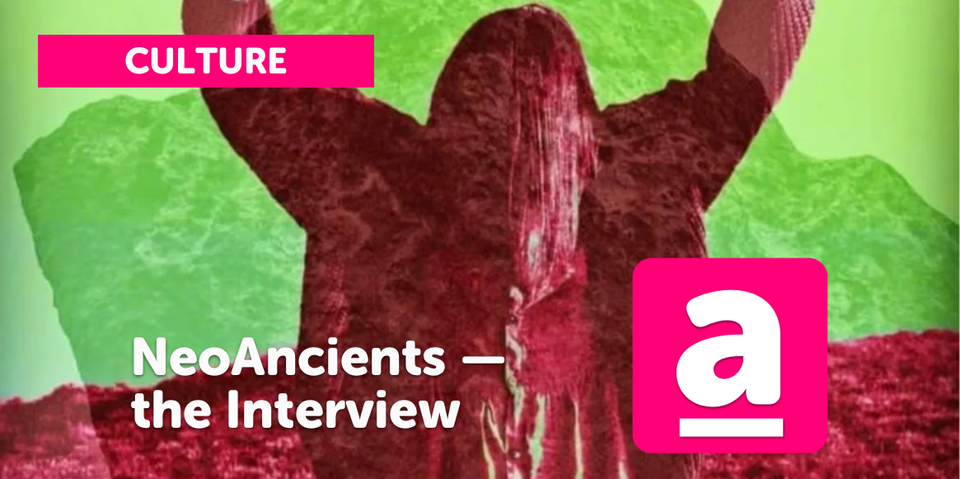
by Emma Kernahan | Dialect
TO THE CASUAL OBSERVER, it might have looked like any ordinary spring evening in an ordinary market town in the country. The sun was setting over the fields on the horizon, the shops were closing up on the high street, the kids and the commuters drifting out of the train station and the only Costa and heading home.
But anyone passing by the front of the Sub Rooms at around 6pm on Friday 3rd May would have spotted something rather unusual happening.
There, just next to Parker’s estate agents, surrounded by a cheerful crowd of people in weather appropriate hiking trousers, a ritual was unfolding.
It would have been hard to miss the drumming, or the sound of singing, but the keen eyed would also have spotted a circle marked out in salt, an altar, containing a figurine of a Cotswold British-Romano goddess: Cuda.
Standing at the back, feeling a bit awkward, old names and new troubles drifted out to me over the heads of the crowd. Juniper Hill, I heard. The Heavens, Verney Fields - access to all of them now the subject of legal battles, protests, online pledge funds.

The list went on and on. Valleys dotted with weavers cottages that are now selling for nearly a million pounds each. I stood by Johnsons dry cleaners in the last of the sun and caught, on the breeze, the unmistakable smell of burning sage.
This hotly anticipated event brought together performances from internationally renowned artists, musicians, authors, actors, poets, comedians and DJs.
Over three days, they came together to explore Folk Culture, the traditions and customs of the past and their interweaving with our present and future, and the space between the real and the imaginary.
An unusual festival, perhaps for a sleepy little town in the countryside. But - as they say these days - not unusual for Stroud. This is a town that’s no stranger to non-conformism.
Its (literally) riotous industrial heritage has given it a brisk trade in radical ideas as well as red cloth, and woven its local stories into global ones.
And in recent years a perfect storm of lockdowns, a cost of living crisis and spiralling rural homelessness (up 40% in five years) has been accompanied by the most unexpected of silver linings: an explosion (or should that be a flowering) of artistic expression, and of interest in all things folk, ritual and, well, weird.

From Goddess Temples to genius loci summoning to morris dancing with a side order of Misrule, Stroud now beats with a flamboyantly hopeful folk DIY scene that flicks the v’s to cuts, closures and culture wars.
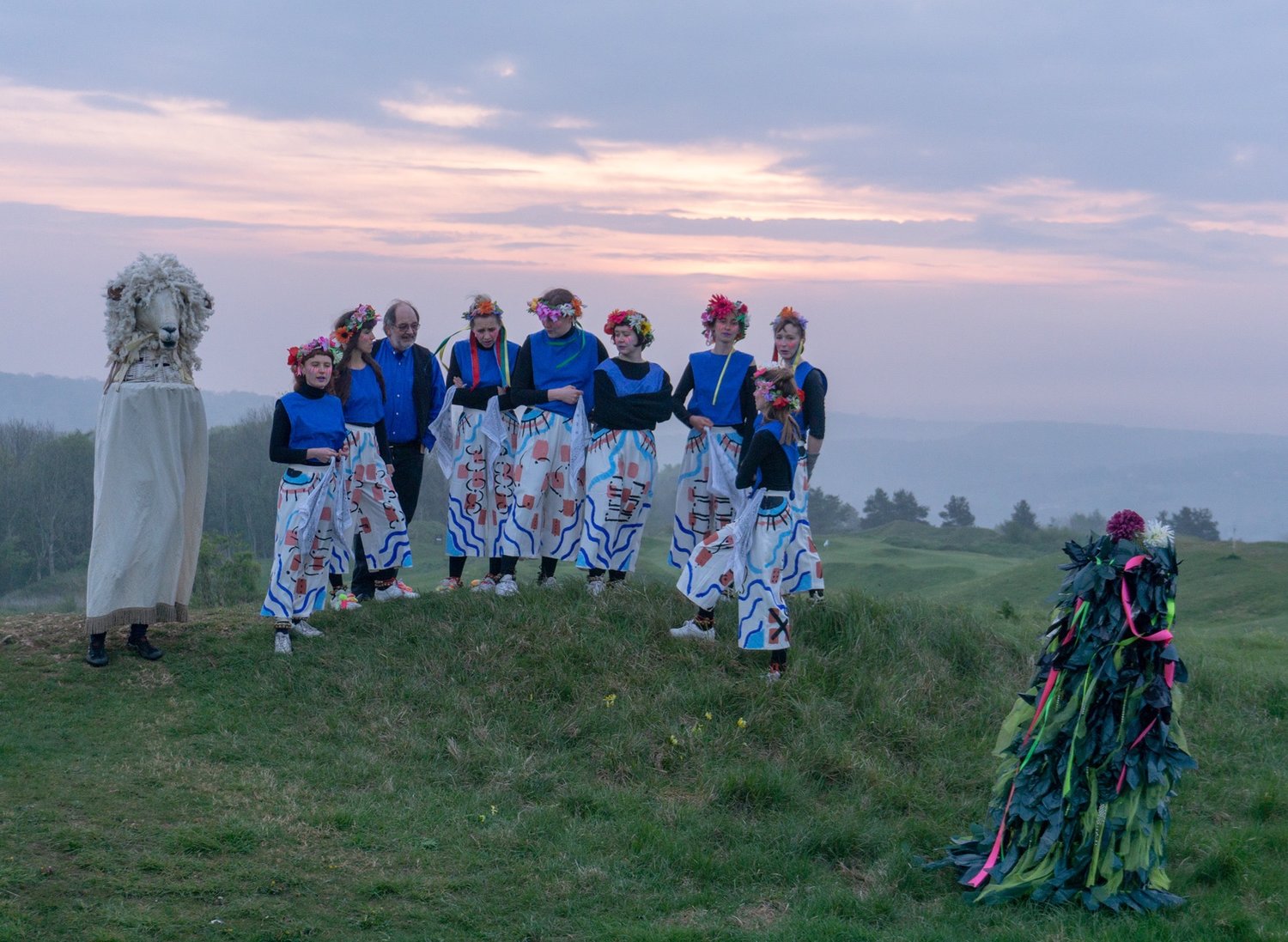
And it’s not just a one off. For the first time, the countryside is shrugging off terms like twee and parochial, and finding itself instead at the cutting edge of a folk counter culture. Not following the trends flowing out of the cities, but leading them.

No wonder then, that the Neo-Ancients event saw tickets flying out and venues booked up. With big names like Gruff Rhys, Jarvis Cocker’s sonic explorations of paganism; Jeremy Deller holding forth on why Art really is Magic; the amazing Zakia Sewell, Stephen Ellcock, Bridget Christie plus Druids, folklore films, immersive experiences, Morris dancing and weird, Weird Walks - this was a weekend that set a very high bar for the kind of events Stroud can expect to have on its doorstep.
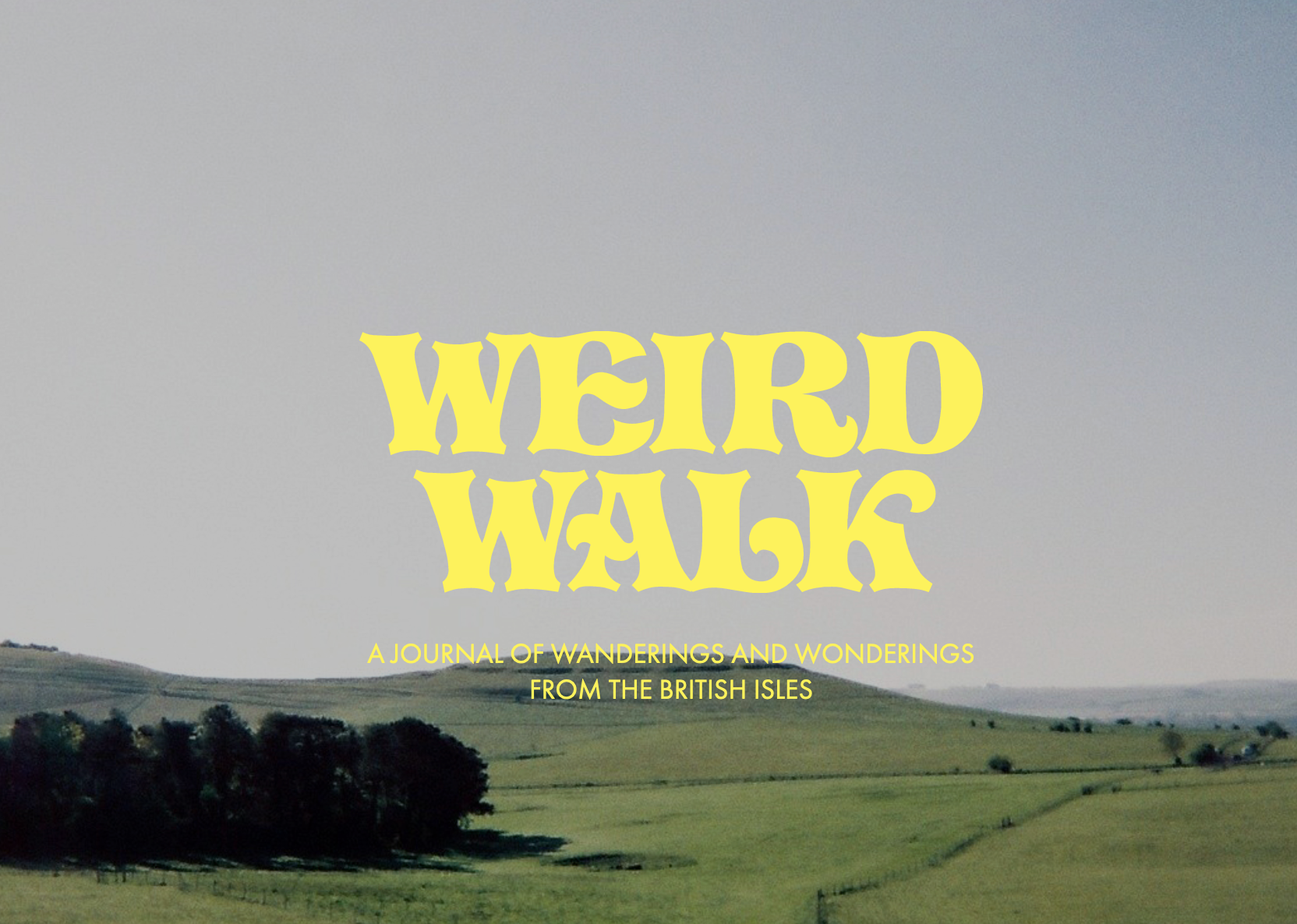
I interviewed John and Ben on a sunny Tuesday not long after the festival had drawn to a close.

Did it feel easy to connect with Stroud’s folk culture this year?
THE NEO-ANCIENTS FESTIVAL HAS come hot on the heels of an outpouring of spring folk events, such as the Boss Morris Finger in the Spring ceremony, the May Morning ceremonies on several commons among many others.
Did it feel easy to connect with Stroud’s folk culture this year?
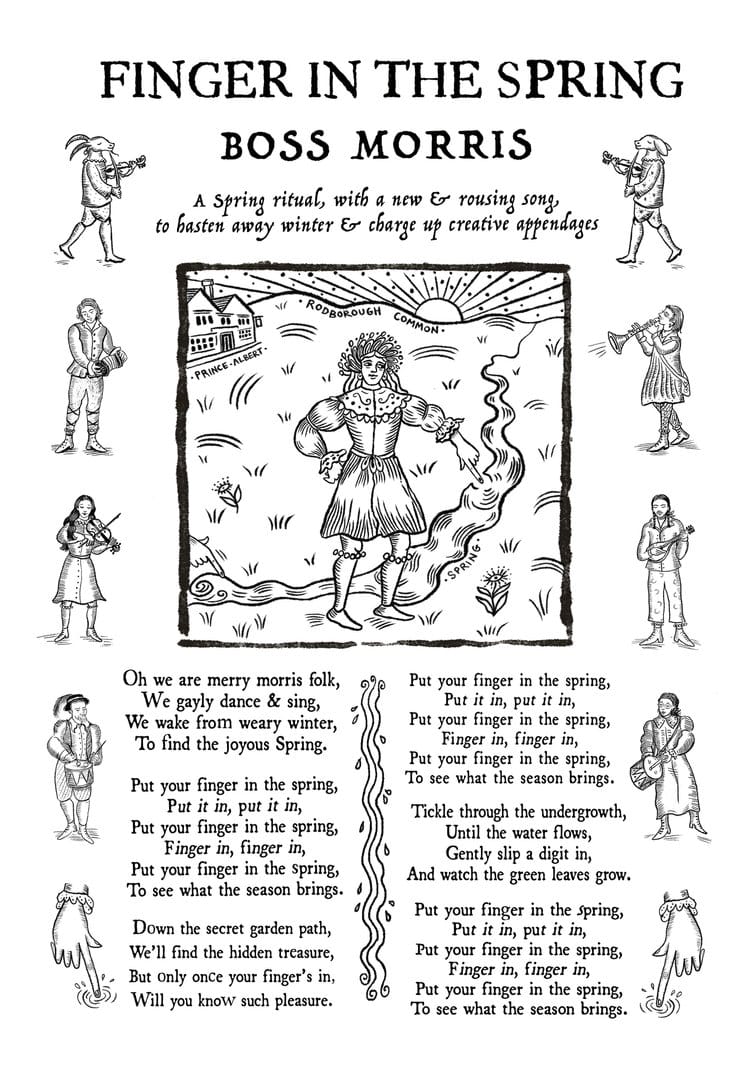
John: “The Neo-Ancients title really sprang from being in Stroud itself. We didn’t want to call it a pagan festival because that felt too prescriptive, but by calling it something that was adjacent to pagan it allowed us to pretty much bring in anything, it made it open to everyone: a very broad non-church. And everyone locally was really friendly, really happy to be involved.”
Ben:
“We didn’t want to just limit it to ‘pagan’ in an official way, didn’t want to silo that off or prevent other people getting involved who are thinking about these ideas less formally.
“The first festival had one big headliner and a rave, a free party event that was hugely popular. This time, the programme was weighted towards more of the live music events, with book events supporting those, rather than the other way around.
“We also didn’t want the bigger names from outside Stroud to be all there was, freighted in, we wanted it to be what the people in Stroud want.
I hope that we programmed something where there was a porous interface between what we want to put on and what others want.
How important to the festival was the idea of having fun? Of joy as an act of resistance?
STROUD'S POLITICS HAS HAD ITS fair share of dissent - but it’s also often playful and puckish, meeting injustice with food and fun as much as protest. The Neo-Ancients weekend brought in live music and comedy, as well as discussion and ideas.
How important to the festival was the idea of having fun? Of joy as an act of resistance?

Ben: “We spent quite a long time thinking about how to encapsulate the idea of Neo-Ancient, but in a way that isn’t nostalgic and backward looking, or that carried with it a sort of furrowed brow seriousness. We didn’t want this to feel like hard work.”
John: “People think that the big tides in political affairs is always about what the people in charge are doing, but if you look back it’s all the other stuff that really has an impact.
“At the time those people who were part of that movement, who were playing with ideas about gender identity for example, they were seen as marginal people, they really weren’t taken seriously. But now you can see that they’ve had a huge legacy in 21st century culture.
John: “That’s why we had free parties in the 2023 event, because when you look back at the people who were out there having fun illegally in fields around Stroud during the rave years, you can see now they were actually changing things in a big way.
“Fun is definitely baked into the attitude of Stroud, and that’s not a modern thing - it goes back to much older traditions with the Lord of Misrule, with trespass and resistance, seeking access to the land - basically it all comes back to people just not doing as they’re told.
Ben: “This year the difference was also the inclusion of comedy, with the addition of the brilliant Bridget Christie, and Andrew O’Neill who supported her (who added a special incantation for the start of the show, just for Stroud). They brought so much warmth.
“After the weekend had finished, when we were really tired, when we’d moved more chairs than we thought was possible in three days, John asked - why are we doing this? Why? And I said we’re doing this because it’s fun. We do it for fun. It’s incredibly satisfying to see full rooms full of people having fun. What else is there, really?
“On the right there’s the idea that some things are authentic English tradition, and have never changed and need to be preserved.
“But what we see in lots of folk counter culture at the moment is the idea that you can have a relationship with these things, that they are really about subverting power rather than upholding it.”
Is there a tension here, about folk being co-opted by the right, and between Stroud ‘having a moment’ and the costs of gentrification?
STROUD HAS RECENTLY SEEN A FLURRY OF headlines about celebrity residents, among the rising rents and costs of living. Is there a tension here, about folk being co-opted by the right, and between Stroud ‘having a moment’ and the costs of gentrification?
John: “Ben and I have both been here since the middle of the last decade. Before the pandemic, we really struggled to get bands to come, people went to Bristol instead. At the moment there’s that growing sense that Stroud is a cool place to be and make art and music.

Good on Paper from Alex Hobbis & Adam Hinks has done a lot to promote Stroud as a place where arts, culture, music and theatre thrive
“Right now, just for a while, we have a chance to take that interest and do something with it, make something happen, and build on that for future events. We’ve got a window of opportunity now where we can say - look, we did it, and because we did it, now we can do it again. We can invite more people to Stroud.
“But we said ‘Keep Stroud Weird’ on the back of the poster, and it sounds flippant but we’re serious about it.
“I’m aware that there’s a lot of international asset parking in the Cotswolds - I really don’t want Stroud to become that kind of place, and I didn’t want this event to be associated with any of that bullshit on the right about ‘authentic’ Englishness.
“Zakia Sewell discussed lots of these issues in her conversation about her book Finding Albion, and her exploration of whether the idea of Albion holds the possibility of a more inclusive and united Britain.”

Ben:
“There are so many assumptions that these traditions go all the way to the core of what it means to be English (whatever that means), when that’s the wrong way of thinking about it.
“There was a point made by Jeremy Deller during the festival, that we enjoy looking back at our early or pagan traditions because so much of the more recent past is really painful and embarrassing.
“Maybe it’s more comfortable to look back further, it’s easier to bring those ideas forward and play around with them to make something better for the future.”
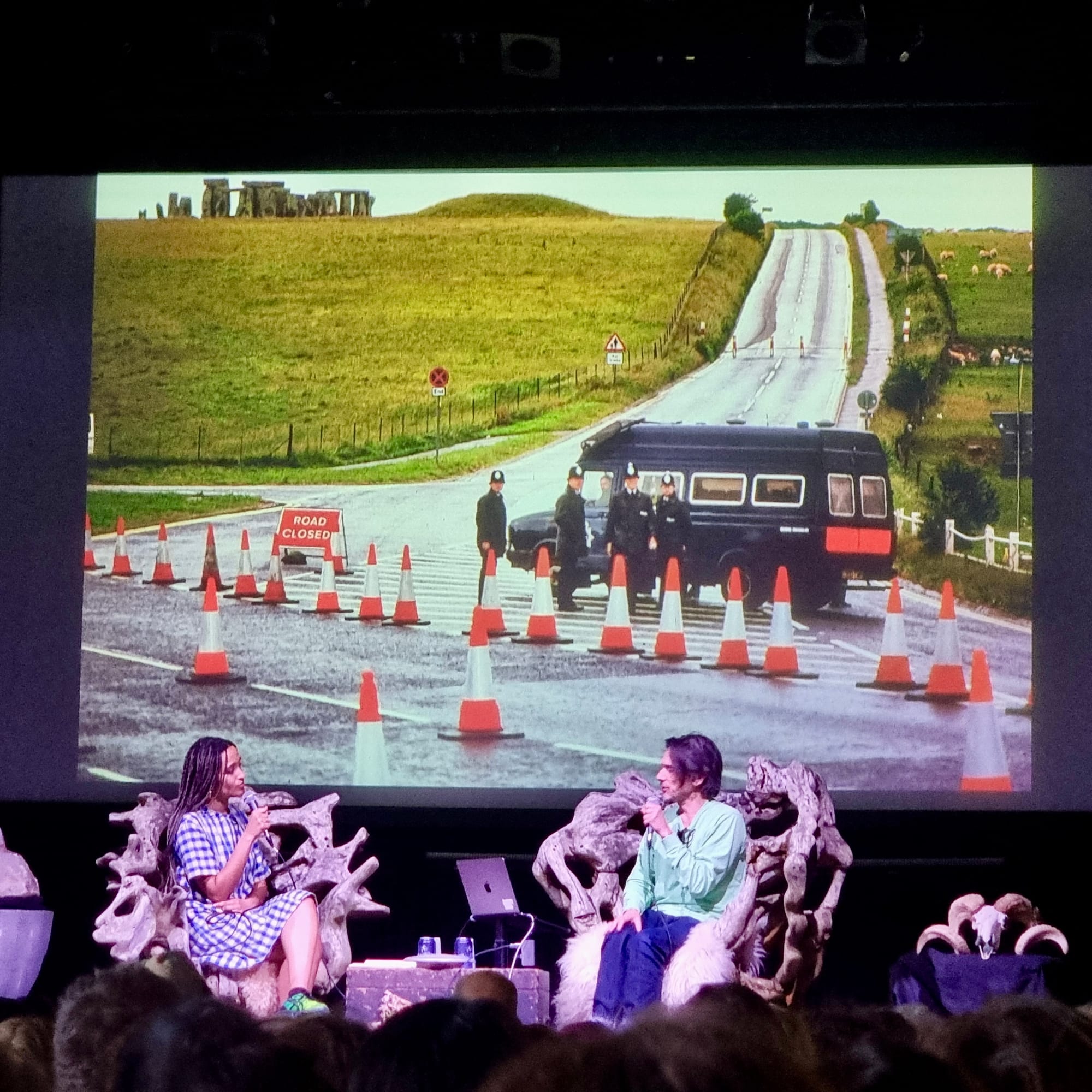
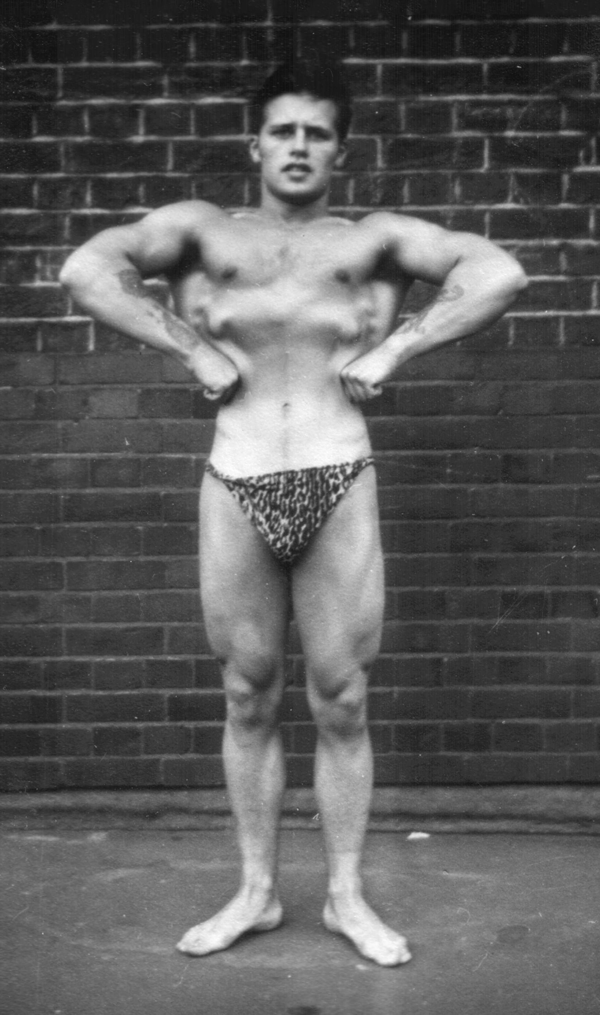
John: “I used to be into punk, and at that time, folk music seemed - in my naivete - it seemed about as square as it could get. But then this weekend I watched Goblin Band - this really young group singing all these traditional songs and it’s clear there’s something really punk about it.”
Did you feel like there was some collective appetite for this that the Neo-Ancients event was tapping into?
IDEAS ABOUT THE RENEWED IMPORTANCE OF ritual was a theme that cropped up again and again through the events. During the discussion by the team behind the Witch podcast, there was a quote that described all group movement - including dance - as ‘ancient technology’.
Did you feel like there was some collective appetite for this that the Neo-Ancients event was tapping into?
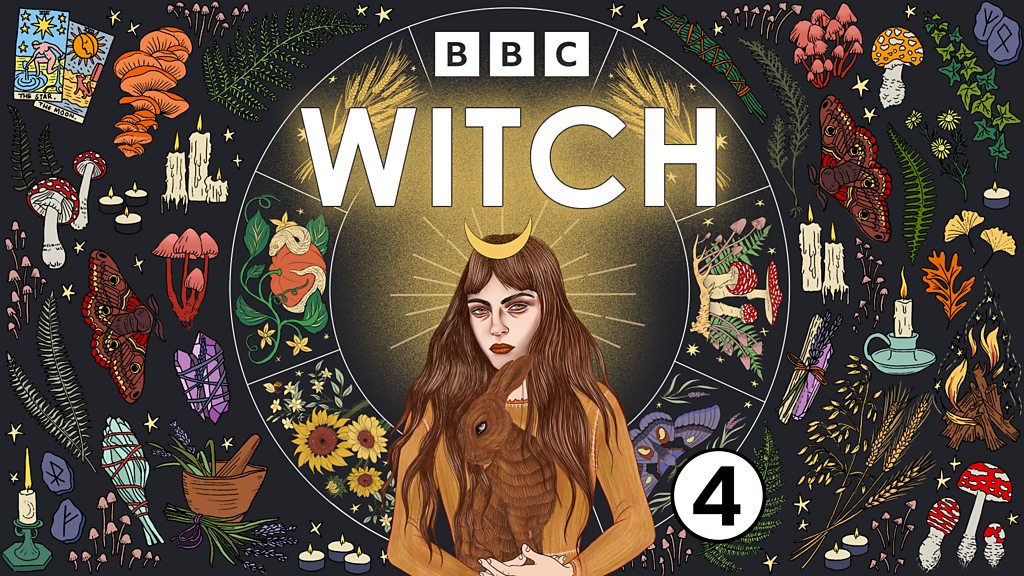
Ben: “We did our best to institute ritual behaviour during the weekend. There was a gong bath, music for psychedelic therapy, and of course the shamanic ritual opening ceremony.”
John: “You could feel that the interest is really in just getting people together - that is ritual. Communal experience is valued by those of us who know what it is to be in a crowd experiencing something at the same time.
“You could see that with the people that came to see Bridget Christie’s comedy, and who came for Gruff Rhys, Cerys Hafana and Jarvis Cocker’s live music set.
“And that was true of creating the event as well.
“Not everyone knew everyone else, but they all knew someone.”
John: “We were really keen to have that intergenerational aspect too - getting kids involved as well as older people. We made a deliberate effort to reach different age brackets.
“If you look at the events we scheduled, then ultimately, the programme itself spoke to what we were trying to do, to make this a diverse and forward looking event, including making most tickets £5 so it was as accessible as possible.”
“Look at how people have responded to the Northern Lights. At the end of the day, we’re all looking for magic.”
And if the Neo-Ancients weekend has shown us anything, it’s that our appetite for magic isn’t just back - maybe it never went away at all.
After the interview, I throw my coat on to go and meet my teenage daughter for a pasty in Greggs: our very own Tuesday afternoon ritual. In the queue I put my hand in my pocket to rummage for my card.
Instead, my fingers close around the bay leaf I'd been given at the Neo-Ancients opening ceremony, the one I hadn’t quite had the courage to add to the pile of prayers for local land.
I laughed, but all the same, when we stepped outside I held it up to the wind and shut my eyes and let it go. ‘Swift’s Hill and the Woolpack’ I said, thinking of my childhood walks there, a prayer to the gods of poetry and affordable housing.
It landed next to someone vaping on the bench outside Vodafone, and I felt a surge of happiness looking out at the fields beyond the high street, thinking about the year to come. That’s magic for you.
Emma Kernahan is a member of Dialect Writers and Stroud Association of Mythical Entities. Emma shares her cultural commentary and love of place on instagram as @crappyliving.













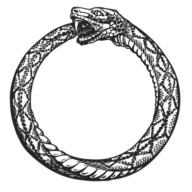
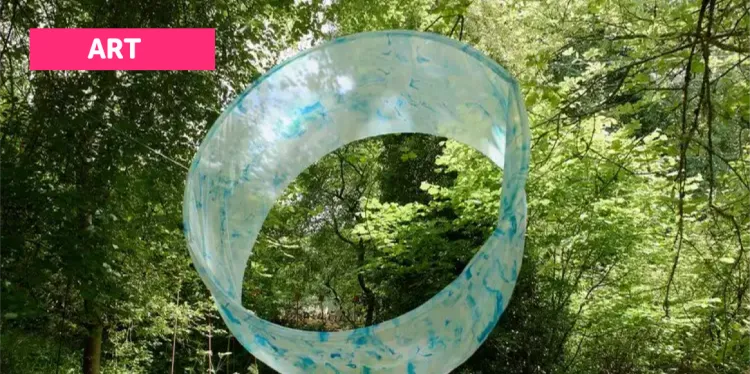
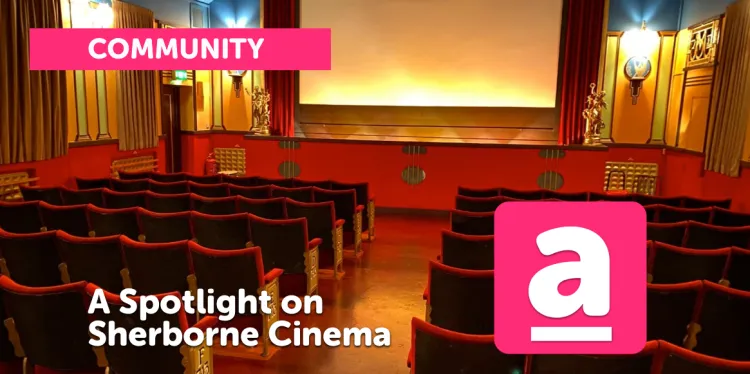
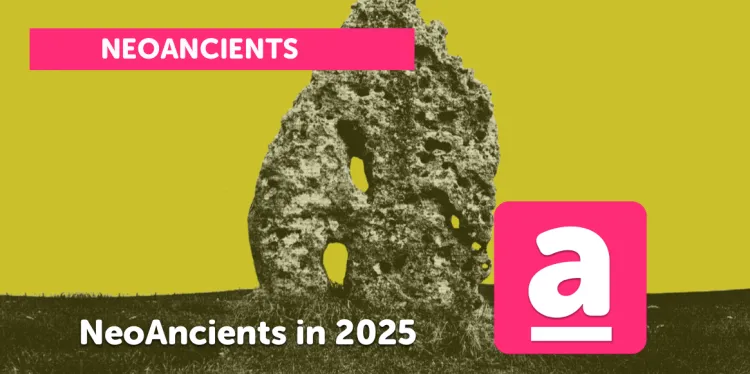

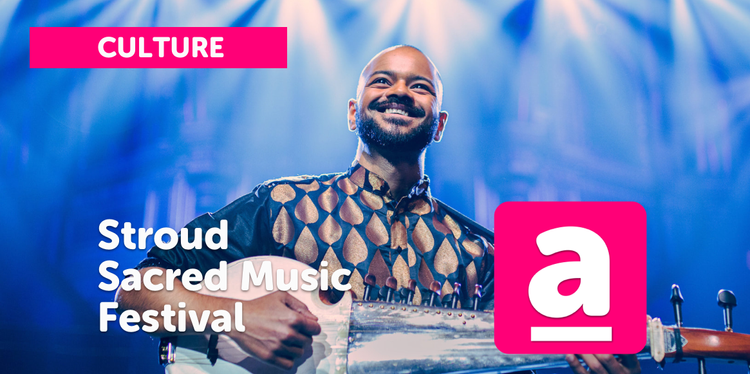
Member discussion